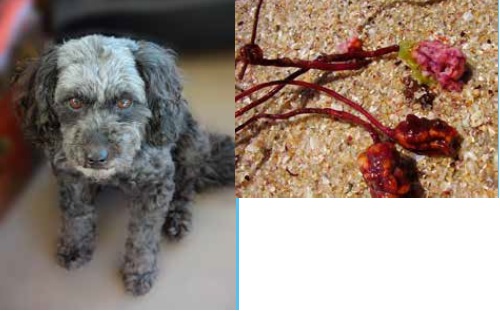Smoke and Her Tumour
/Smoke the Huntaway, presented to the Veterinary Centre Oamaru after having a seizure. Her Blue Cross vet, Bridget, found that Smoke's blood sugar levels were extremely low. After further tests Smoke was diagnosed with a rare tumour on her pancreas called an Insulinoma. These tumours produce a massive amount of insulin (the hormone normally used to treat diabetics). This over supply of insulin was the cause of Smoke's low blood sugar levels and seizure. A technical surgery was performed to remove Smoke's tumour. During surgery a bright blue dye was administered into her vein, to 'light up' the tumour on her pancreas so her veterinary surgeon could find it. Smoke's surgery was a success. The following day Smoke's sugar levels had returned to normal and she was looking a lot happier. The surgery means Smoke has more time to continue to do her favourite thing - barking at sheep!











